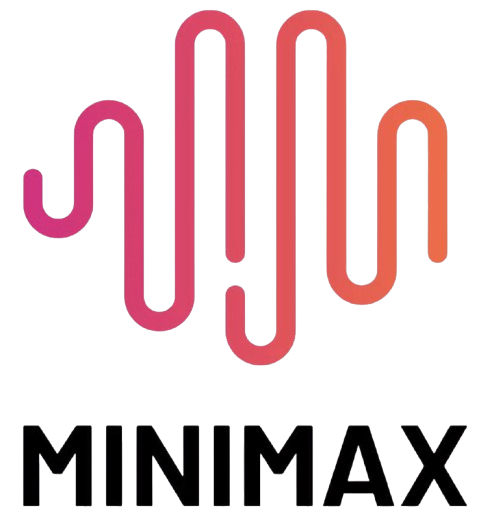MiniMax-M2 Redefines AI Efficiency with 8% of Claude Sonnet's Cost, Claims Top Open-Source Spot

Shanghai-based AI startup MiniMax has officially launched its M2 model, an open-source large language model (LLM) designed to excel in agentic and coding workflows while offering a significantly lower cost structure. The company asserts that MiniMax-M2 delivers performance comparable to top commercial models, including Anthropic's Claude Sonnet, at approximately 8% of its price point. This strategic move positions MiniMax as a formidable contender in the global AI landscape.
MiniMax-M2 is engineered for efficiency, featuring a compact Mixture-of-Experts (MoE) architecture with 230 billion total parameters and approximately 10 billion active parameters. This design contributes to its claimed 100 tokens per second throughput and a 200k input and 128k output token context window, enabling it to handle extensive codebases and logs. According to independent evaluations by Artificial Analysis, MiniMax-M2 ranks #1 among open-source models globally on its Intelligence Index and places within the top five overall.
The model's core strength lies in its advanced agentic capabilities, allowing it to perform complex tasks such as editing multiple files, running and debugging code, and fixing tests automatically. MiniMax-M2 supports planning and executing tool chains across various environments, including shell, browser, Python, and Model Context Protocol (MCP) tools, with features for evidence logging and self-correction. On benchmarks like BrowseComp, it demonstrates recovery skills akin to leading commercial systems, and it ranks #2 globally on Xbench-DeepSearch and FinSearchComp-Global for multi-hop and financial search abilities.
MiniMax is offering a two-week free trial for developers worldwide, making the model's API available on its Open Platform and releasing the weights on Hugging Face. This launch underscores a growing trend of open-source models challenging proprietary systems on both performance and cost. The company emphasizes its vision of "Intelligence with Everyone," aiming to make powerful AI capabilities more accessible and affordable for developers and enterprises globally.